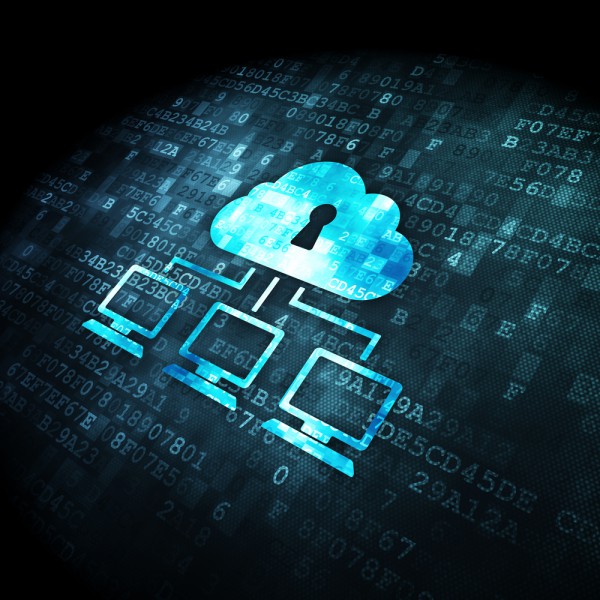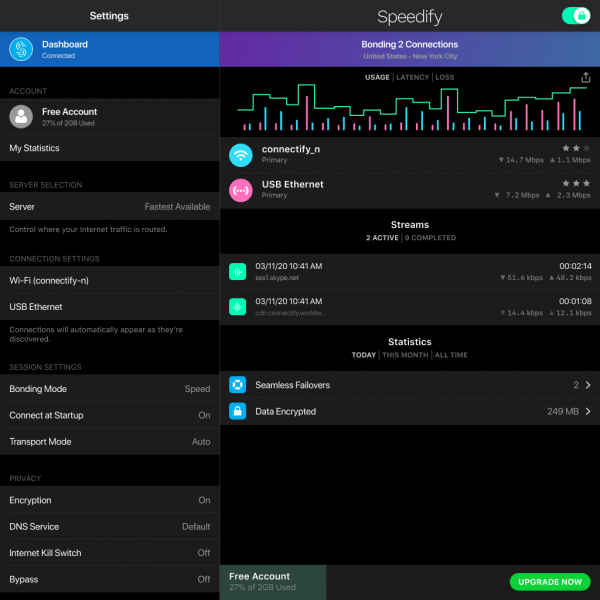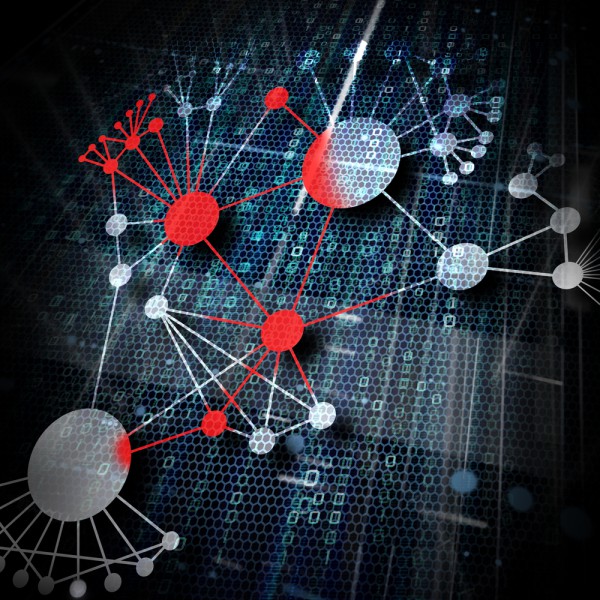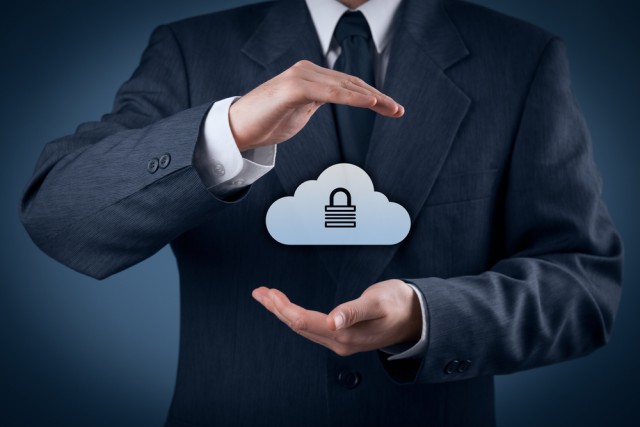
NTT launches secure solutions for remote working with Teams
Research from technology services company NTT Data shows that 56 percent of office workers still expect an element of working from home in their jobs even when offices reopen.
The future workplace is likely to involve a blend of working remotely and working in the office. Core to enabling this new hybrid way of working is secure communication and collaboration technology, particularly Microsoft Teams.

4 ways that HR teams can use Identity and Access Management (IAM) for secure remote working
As businesses start to take tentative steps out of the COVID-19 pandemic, we are still understanding what our 'new normal' is. In the backdrop of an ongoing pandemic, we’re taking a heightened risk-based approach to living our lives and working.
Businesses and departments that were unable to work remotely shutting down during the lockdown led to a negative impact on businesses, industries, and the economy as a whole -- you only have to look at the retail and hospitality sectors to see this. A paradigm shift has occurred, particularly with technology and its use in a post-pandemic world.

Remote working exposes organizations to more security risks
A new survey released today by security software firm NetMotion reveals that 47 percent of organizations believe remote work has exposed their organization to high or extreme security risk.
Of these 62 percent are most concerned that workers will visit malicious URLs that could compromise networks and devices, while 45 percent are worried about workers accessing inappropriate content.

How COVID-19 changed the future of work
COVID-19 forced businesses across the globe to rapidly adopt remote work in order to adhere to social distancing and stay-at-home orders. For some companies, this transition was seamless, especially those that already implemented cloud and the necessary supporting tools within their organizations. Others struggled to adapt their workforces to this highly remote, cloud-first environment. In fact, 41 percent of enterprises have not taken any steps to secure access for their remote workers despite the fact that 65 percent enable personal devices to access managed applications.
To quickly support remote work, organizations were spurred to adopt cloud and allow employees to access the corporate network from unmanaged devices. However, cloud and BYOD environments call for specific security solutions, and organizations that failed to simultaneously implement the necessary controls also expose themselves to more risks, including insider threats. Even once stay-at-home orders are lifted and some businesses choose to return to the workplace, COVID-19 had such an impact on the way we work, making it likely that the following post-pandemic predictions may occur.

Remote working boosts move to cloud-based security
New research from security management platform Exabeam reveals that 88 percent of UK security practitioners have accelerated their move to the cloud, driven by the need to support a remote workforce.
Significantly, almost half of respondents (44 percent) are now using cloud-based security products to protect their corporate financial information. This is a sharp increase compared to Exabeam's earlier study where just 12 percent were protecting corporate financial information in this way.

Lockdown highlights UK broadband problems
While many people are happily working from home during the pandemic, for others a switch to remote working has thrown the deficiencies of their home internet connections into perspective.
UK comparison site Uswitch has found that people have been performing 44,000 searches per month in the hope of fixing their broadband issues. The top 10 searches are all related to technical issues and two thirds (62 percent) of all searches are related to speed.

Working from home tech issues and how to avoid them
At least 16 million US knowledge workers have switched to remote work in the past two months and the remote workforce isn’t going away any time soon.
Large corporations like Twitter, Square and Facebook are leading the trend to allow employees to work from home indefinitely. With more companies moving to remote work for the long-term, there are common tech issues that employees should be made aware of to prevent data loss, connection problems and privacy concerns over time.

The right and wrong ways to engage, unify and motivate a remote workforce: Big Brother need not apply
Pandemic "Work from Home Forever" journalism is taking us back to an era I thought we’d buried long ago: top-down, hierarchical management. For example, on April 18 The Wall Street Journal published "You’re Working From Home, But Your Company is Still Watching You," about the accelerating demand for various kinds of surveillance tools for bosses who don’t trust their remote employees.
The piece reported 10X order-growth for keystroke-tracking software, applications that take continuous videos or intermittent screenshots of employees’ laptops, minute-by-minute productivity analyses, and file-divers that let employers dig undetected into remote workers’ hard drives. CNBC and NPR published similar dystopian "The Boss is Watching You" reports.

Network operations in the new normal
The global pandemic has intensified the importance of networks, with more companies and individuals taking their worlds almost entirely online. But how is this affecting the teams that run them?
A new report from network operations specialist Kentik based on a survey of over 200 network professionals around the world shows that there's a mixed picture on productivity. 47 percent report feeling more productive while working from home, while 20 feel less productive and 33 percent say they have had no change in productivity.

Speedify delivers more reliable VPN connection for remote workers
The increase in remote and home working in recent months has shone a spotlight on the unreliability of many domestic internet connections.
The Speedify VPN service is updating its offering which allows users to link and seamlessly switch between multiple connections including home internet, mobile data and public Wi-Fi networks to provide a more reliable connection.

Secure access solution delivers SD-WAN connectivity for remote workers
Home working means an expanded threat perimeter which makes enterprise networks more of a challenge to secure.
Secure SD-WAN specialist Versa Networks is launching a new solution aimed at delivering secure SD-WAN services and private connectivity for employees who are remote or working from home.

Security priorities change as businesses adapt to 'new normal'
A new study from Check Point looks at how organizations have managed their cyber-security during the recent lockdowns and also their security priorities and concerns over the coming months as they move to the 'new normal.'
Over 86 percent of respondents say their biggest IT challenge during the pandemic was moving to mass remote working, and the biggest security concern (62 percent) was maintaining VPN capacity for staff.

Remote working and obsolete devices increase security risks
The move to cloud applications is leading many businesses to slow down investment in their in-house networks. This combined with a surge in home working is putting a strain on network security and infrastructures.
A new study from technology services company NTT Ltd finds 45.6 percent of organizations' network assets in Europe are aging or obsolete, as a weighted average, representing a huge surge on 2017, when this figure was just 12 percent.

Securing SaaS applications for a remote workforce [Q&A]
The current shift to remote working looks likely to have a long-term impact on the way businesses operate in future. But this raises issues over security and ensuring that misconfigurations don't lead to data being exposed.
How big is the risk and what are the key issues enterprises face? We spoke to Brendan O'Connor, CEO of cloud security specialist AppOmni to find out.

Thycotic extends its privileged access management range
Privileged access management (PAM) specialist Thycotic is expanding its portfolio with the announcement of three new products.
It's launching Thycotic Remote Access Controller, Thycotic Cloud Access Controller and Thycotic Database Access Controller, following its acquisition of cloud security company Onion ID.
